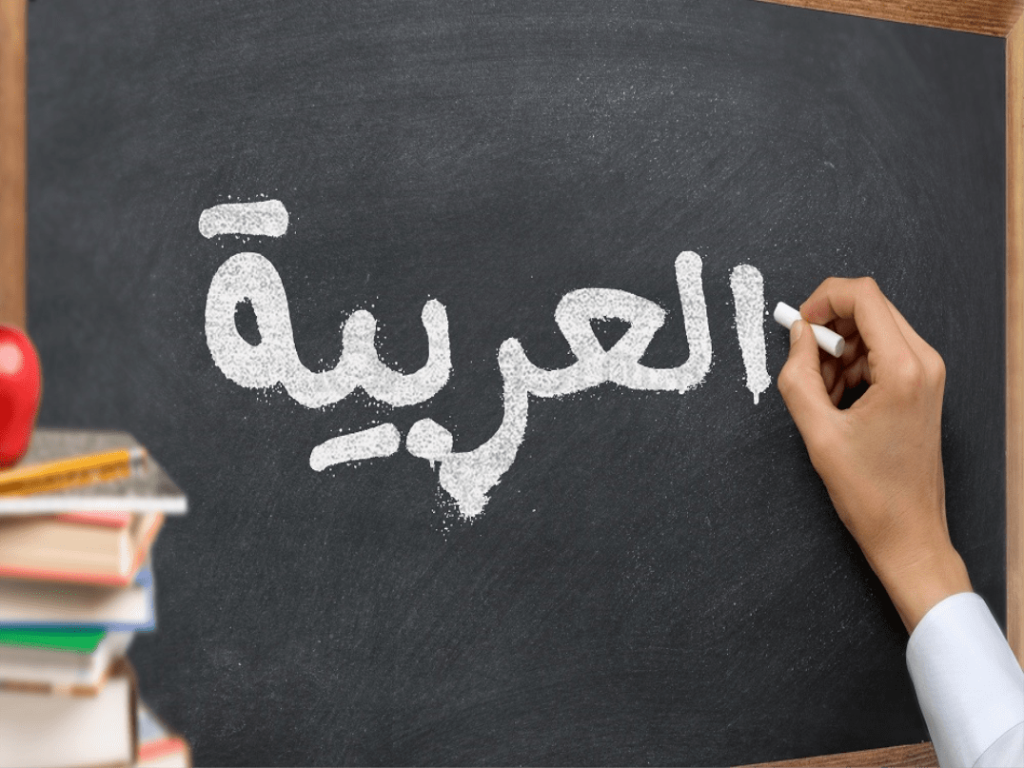As a fresh learner of the Arabic language, you might be bombarded with the amount of information found as to what type of Arabic you should learn. For example, there are books where you could learn to speak Egyptian Arabic, Iraqi Arabic, Gulf Arabic, Levantine Arabic, Moroccan Arabic, just about every kind of Arabic dialect imaginable. It can all a bit confusing. In the end, however, if you decide to learn Modern Standard Arabic (MSA), you will not regret it.
I’ll tell you why.
MSA Is The Tie That Binds
Understood by 320 million people in 22 countries from Iraq in the north to Somalia in the south, Bahrain in the east to the western shores of Mauritania, MSA is the language that continues to be a unifying force for all of these nations. In spite of the fact that it may sound a bit more formal than their local dialects, native-speakers of Arabic can understand MSA because they often read it in newspapers and hear it regularly on TV, in school, and at work. This means if you learn Arabic language skills by studying MSA, it can be understood by nearly every native speaker living in any of the Arabic speaking countries.
Arabic Dialects Are Not That Far From MSA
Speaking of local dialects, they are not really that entirely different from Modern Standard Arabic. Sure, there are everyday words and accents that vary across the region like food items and greetings, but Arabic dialects are pretty much the same as MSA because their core grammar and vocabulary remain consistent. The main reason for that is that the root-and-pattern system is the core of all Arabic words.
Besides that, if
you’ve ever studied any other language (including your mother tongue) you know
that Arabic is not the only language with different dialects. Look at English,
for instance. There is British English, Australian English, American English,
among others and each one of these countries has a different dialect within
itself. Heck, many regions of America can’t even decide if a big sandwich is
known as sub, a hoagie, a grinder, a hero or a Dagwood; however, at the heart of
every one of these different English dialects is the same core vocabulary and
grammar that is understood and used by native speakers of the language.
MSA Is An Open Door to Other Dialects
If you want to not only learn formal Arabic, but would also like to learn other dialects then MSA is a good way to start. As mentioned above, the core vocabulary and grammar are pretty much the same in both MSA and Arabic dialects, so once you’ve mastered MSA and all of its grammar and vocabulary, learning a dialect will seem much easier.
Learning Material for MSA Is Relatively Easy To Find
If you’re going
to learn Arabic online,
in a classroom, or on your own, chances are the Arabic language learning
material you’ll use is going to be in Modern Standard Arabic because, well,
it’s the standardized version of the language. This means, as opposed to
other dialects, you’ll find a plethora of language learning material in MSA
whether your studying Arabic for business or pleasure.
These are some of the reasons why I chose to study Modern Standard Arabic. If you, too, are interested in learning MSA, the best way to learn Arabic is through the Kaleela Arabic language learning app. Available for download to your IOS or Android, it’s truly the leader of all Arabic learning apps offered today.




